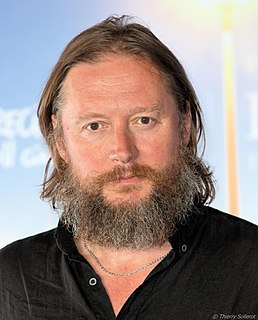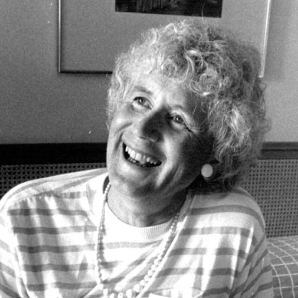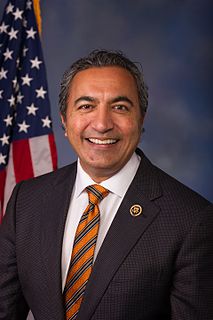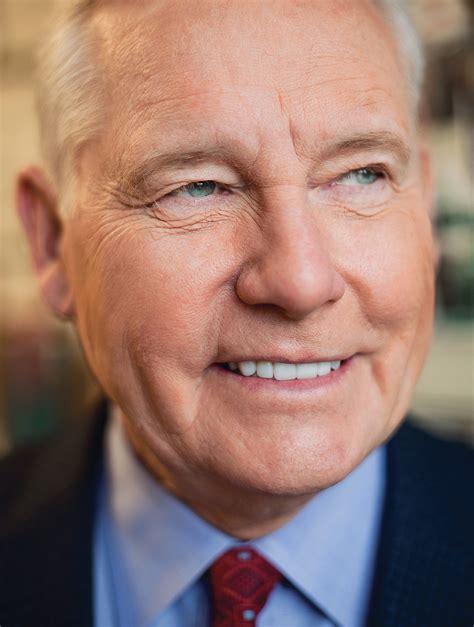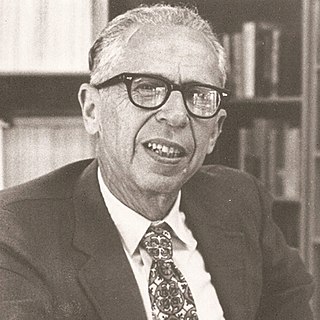A Quote by Luis Gutierrez
It is not new or unusual for the real Americans, meaning those immigrants who came to America a little bit longer ago, to fear the outsiders, the pretenders, the newcomers.
Related Quotes
For all the noise and anger that too often surrounds the immigration debate, America has nothing to fear from today's immigrants. They have come here for the same reason that families have always come here-for the hope that in America, they could build a better life for themselves and their families. Like the waves of immigrants that came before them and the Hispanic Americans whose families have been here for generations, the recent arrival of Latino immigrants will only enrich our country.
Growth demands a temporary surrender of security. It may mean a giving up of familiar but limiting patterns, safe but unrewarding work, values no longer believed in, relationships that have lost their meaning. As Dostoevsky put it, "Taking a new step, uttering a new word, is what people fear most." The real fear should be of the opposite course.
A range of studies shows there is no evidence immigrants commit more crime than native-born Americans. In fact, first generation immigrants are predisposed to lower crime rates than native-born Americans. The two cities in this country most impacted by undocumented immigrants, you would think of the New York City with over 500,000 and Los Angeles, with a similar amount. Both those cities are among the safest in the free world.
Our nation is built upon a history of immigration, dating back to our first pioneers, the Pilgrims. For more than three centuries, we have welcomed generations of immigrants to our melting pot of hyphenated America: British-Americans; Italian-Americans; Irish-Americans; Jewish-Americans; Mexican-Americans; Chinese-Americans; Indian-Americans.
Immigrants are exactly what America needs. They're what we need economically, and I think they're what we need morally... [They] revitalize America and get it back to its sense of confidence... All of these immigrants that come here help us with the work they do, they challenge us with new ideas and new perspectives, and they give us perspective.
One question that has always intrigued me is what happens to demonic beings when immigrants move from their homelands. Irish-Americans remember the fairies. Norwegian-Americans the nisser, Greek-Americans the vrykólakas, but only in relation to events remembered in the Old Country. When I once asked why such demons are not seen in America, my informants giggled confusedly and said, 'They're scared to pass the ocean, it's too far,' pointing out that Christ and the apostles never came to American.



